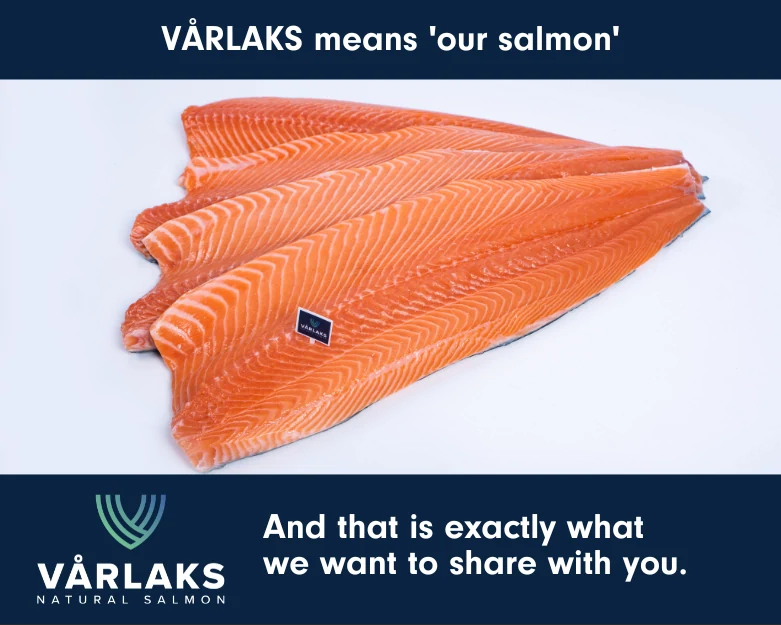Association sees temporary permission to export salmon with beauty flaws for several Norwegian companies (including Lerøy and Mowi) as discriminating and have therefore made official complaints to The EU Commission and EFCA.
Production fish is usually prohibited from being exported and carried outside of Norway. But due to the corona virus situation Lerøy and Mowi, followed by Sekkingstad and Ocean Quality, have temporarily been allowed to sell the production fish and process them in their factories in the EU.

“We want everyone to have the same opportunities. This is discrimination and it is a belligerent irregularity,” states Poul Melgaard, director in the Danish Seafood Association.
On the 16th of March 2020 the Norwegian Government announced temporarily processing rules to be set aside. This means fish, that have beauty errors, are allowed to be processed anyway by the giant companies Mowi, Lerøy. Also Sekkingstad and Ocean Quality have afterwards been allowed to process production fish temporary.
Read also: Norwegian processing rules for production fish temporarily set aside
Therefore, the association Tuesday sent a complaint to the EU and Wednesday to the EFCA Authorities expressing their discontent with the unequal situation.
“When the Norwegian government grant this temporary approval to individual named companies, they give these companies an advantage that the rest of the industry does not have. This contravenes basic principles of non-discrimination,” he says.
The EU Commission has stated that they are investigating the situation to see if the temporary export of production fish for Mowi and Lerøy is against the EU law of equal opportunities for open trade routes.
The state in the salmon industry in Denmark is at the moment split into two sections. Some processors are experiencing lower exportation to markets, especially US and some are experiencing a growth in the production of smoked salmon, because of an increased demand from supermarkets.










